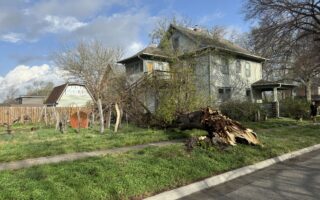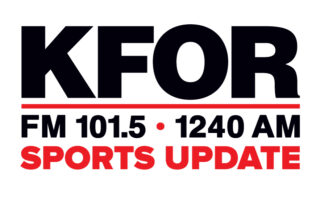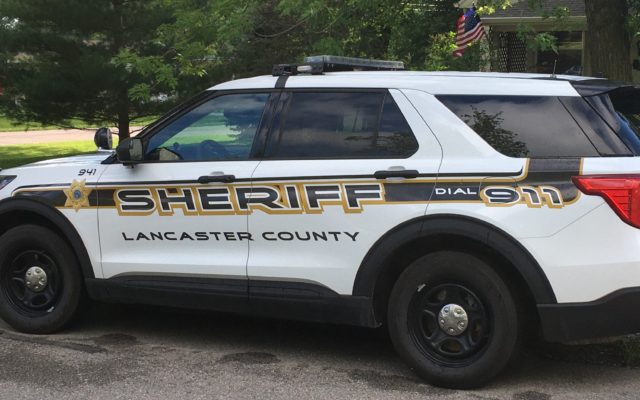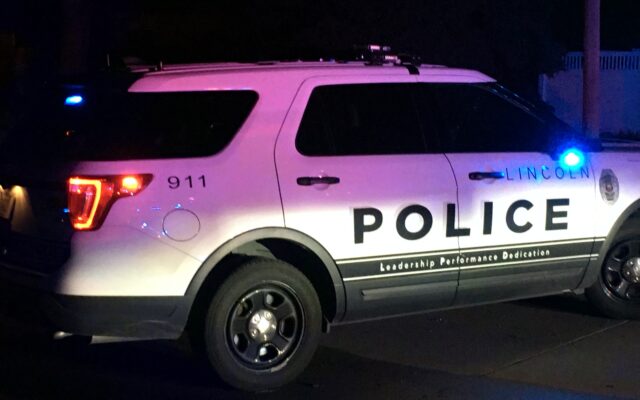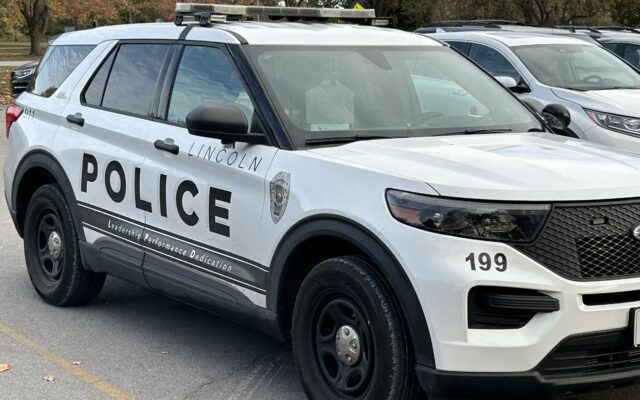Survey: Fewer Than Half of Nebraska Educators Believe Schools Can Safely Reopen
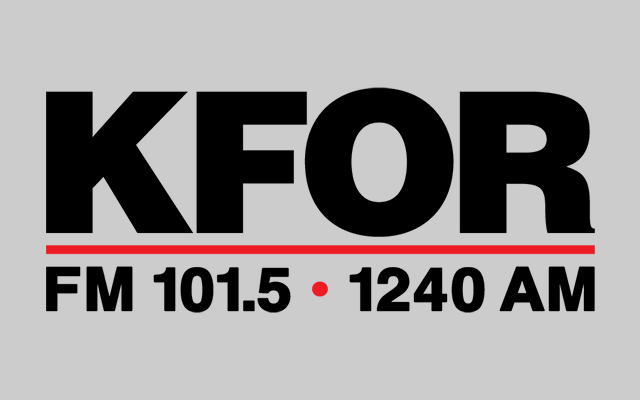
(KFOR NEWS August 6, 2020) A statewide survey of more than 3,000 Nebraska educators shows fewer than half believe their school will be able to safely re-open for in-person teaching and learning due to the COVID-19 pandemic. Educators in Lancaster and Douglas counties are even more concerned, with more than 2/3 saying, based on current trends, it is unlikely it will be safe to re-open their school buildings. The Nebraska State Education Association conducted the “Return to Learn” survey of members July 24–29.
Statewide, just 48% of teachers believe their school will be able to open safely this month. In Douglas and Lancaster Counties respectively, only 31% and 32% say it will be safe to open.
“This is typically when teachers are excited and looking forward to getting back to their classrooms and their students,” said Jenni Benson, president of the NSEA. “This year, teachers – and parents – are apprehensive about whether schools have put in place proper safeguards to transition back to in-person teaching and learning. Educators are deeply concerned about the health and safety of their students, families and themselves.”
Statewide, 45% of survey respondents said that based on current trends and what they know of their school district’s plan, they are not ready to return to work in-person. In Lancaster, Douglas and Sarpy counties, that percentage rises to 55%.
More than 80% of all respondents cited concern for personal safety and concern for student safety as the top two reasons they do not feel ready to return to in-person teaching and learning.
“Some of our schools do not have proper safeguards to transition back to in-person instruction,” said Benson. “There is a range of safety measures that every school district should implement as outlined in the guidance from the Nebraska Department of Education. Daily sanitation of schools, including disinfecting handles, surfaces and bathrooms on a regular basis. Requiring students and staff to regularly wash hands – and having sanitizer and enough cleaning supplies available throughout buildings.
“We call on school districts to adhere to CDC and local health department guidelines, to monitor their community’s risk dial and to respond appropriately. This means requiring masks and limiting groupings of students to provide for recommended physically distancing. For some, it will mean moving to distance learning or a hybrid model of in-person and distance learning instruction.
“What we can be sure of is that our teachers understand the realities of the classroom. We know what is and isn’t realistic when it comes to social distancing in a kindergarten classroom, as opposed to a middle or high school. NSEA has and will continue to be vocal and insistent about the importance of school districts involving teachers in these decisions.”
Benson said the survey also showed that 32 percent of respondents were more likely to retire or leave the education profession earlier than planned because of the pandemic. This would exacerbate the teacher shortages already being experienced statewide.
A separate survey of currently retired educators showed that only 33 percent of those who substitute taught last year were willing to teach again this year. Since retired teachers are a primary source of substitute teachers for school systems across the state, this will put even greater stress on school systems as teachers exposed to COVID-19 are quarantined due to exposure or illness.
READ MORE: Lincoln Has 17th Death From COVID-19

